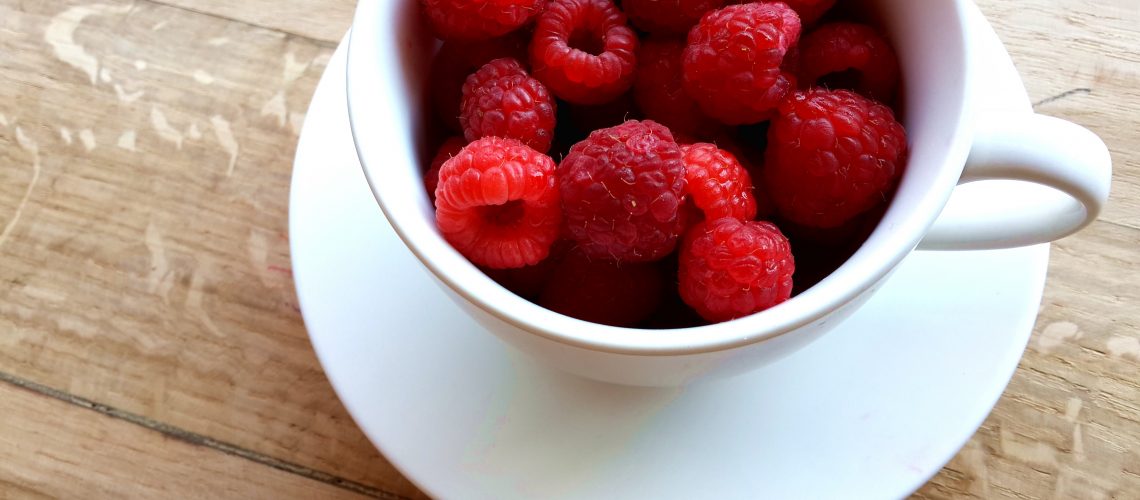It is very tempting to not wash your fruit and vegetables when you are preparing your meal, especially when you are hungry. But do not fall into the temptation and although they might look clean, many small foodborne pathogens live on the skin.
Although many people believe that not washing fruit and vegetables is alright, and even thought to help boost immune function when we expose ourselves to soil and other “natural” substances but in truth, they can carry dangerous bacteria including E-coli, which is a common cause of food poisoning.
Food Standards Australia New Zealand (FSANZ) have strict guidelines to ensure chemical residues are always below the international standards deemed safe for consumption, however, if you are concerned, it’s best to limit your exposure by always washing and/or peeling fruit and vegetables. Here are some fruit and vegetables you need to be extra careful of;
- Melon – Melons should be washed prior to cutting. Cut melons are at a higher risk of contamination from pathogens and must be refrigerated and covered after being cut to minimise the risk of pathogens growth.
- Sprouts – washing sprouts is not very effective as laboratory studies have shown that bacteria can be internalised in the sprouts, making it difficult wash off/sanitise, and bacteria can be protected in a biofilm on the sprout surface. Raw sprouts should not be eaten by vulnerable groups (pregnant women, elderly, young children etc.)
For other fruit and vegetables, it is best to wash it under cool running water directly before use to remove soil and bacteria from the surface of the food.
Do you need to adopt a better washing method for your fruit and vegetables? Do you need to remember to wash your food before you eat it?
If you would like more information on this topic or get the source URL for this article, then email us at [email protected]
